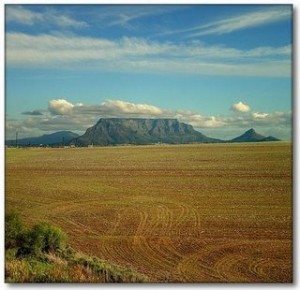Reuters | Tuesday June 16 2009
- SAfrica warns farmers it cannot protect foreign farm deals
- Country aims to be net food exporter in five years













